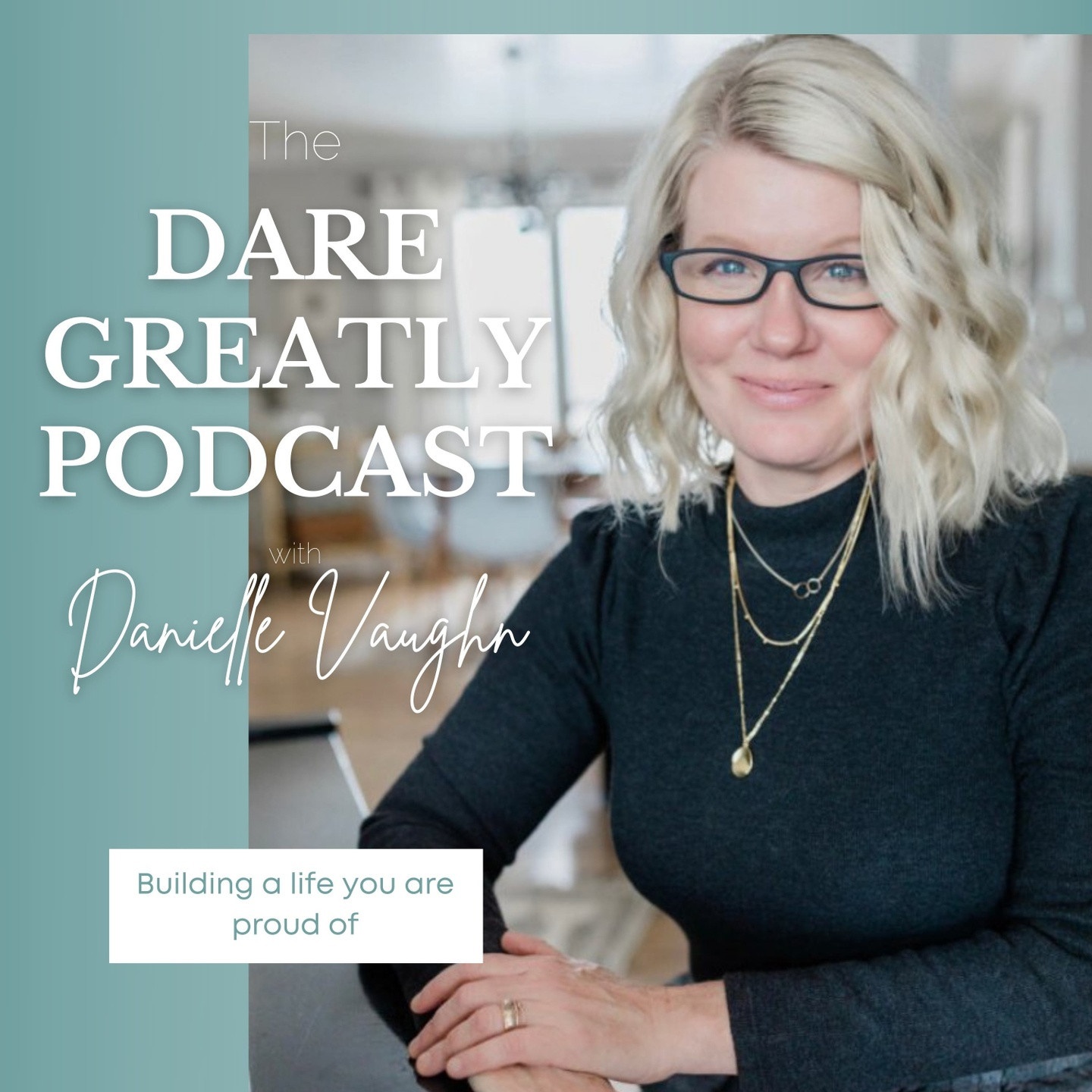Parenting Fundamentals - Part 2: Self-Esteem and Resilience

Welcome to Part 2 of a 3 Part Series on Parenting. My hope in writing about these fundamentals is to help set you up for more self-trust and confidence and enjoy your motherhood journey more.
I've been intrigued by the concept of Motivation ever since I was a little girl with my piano practicing and later with my music teaching studio.
A personal story
I was told my whole life I am 'talented, gifted at music,' etc., and while it felt good to be told those things, it also built some anxiety inside of me if I didn't perform well.
I started competing in piano competitions in the fifth grade. At first, it was fun because I won all the time. It was easy. I was praised a lot by my teacher and my parents and my grandmother. I loved all the attention, and I loved those ribbons and special certificates. One of my piano judges wrote the words, "I can tell you mean business when you sit down to play the piano..." and I took those words to heart. I loved getting praise.
But somewhere in the eighth grade, something happened that changed everything.
I placed third and didn't get to advance to the finals. 
I still remember my pink dress with the frocked neckline I wore...
...and the way my leg shook during my whole performance from the nerves...
...I felt like the world was crashing down around me...
... and my piano competing career took a backseat for a LONG time.
Fast forward Thirty Years Later
Many of you know I studied piano performance and pedagogy on scholarship my first time around in college as a young teen. I worked hard those four years, and accomplished a lot. But it was not fun or easy, even though I was 'talented and gifted.'
It was hard because I had what is called a "fixed mindset" (Dweck, 2017) with my approach to music back then due to the idea that my abilities and talents had a limit or ceiling, and when things became hard, thinking I wasn't talented enough.
Fixed mindsets are the by-products of overpraising children, or praising the wrong things, and children absorbing the idea that intelligence and talent is something you are born with, not something you cultivate. Kids learn to rely on external validation (things outside their control) to feel good enough or worthy.
We want to do the opposite for our kids to help them have a healthy self-esteem and build resilience: we want to praise their efforts, their work, and the inner workings of their minds as they engage in problem-solving and growth.
This shift in how we praise children can change everything.
And I do mean everything!
It did for me.
Growth Mindset
World-renowned Stanford University psychologist Carol Dweck, in decades of research on achievement and success, has discovered a truly groundbreaking idea - the power of a Growth Mindset.
In her book, Mindset: Changing The Way You Think to Fulfil Your Potential, (you can purchase by clicking here) Dweck explains why it's not just our abilities and talent that bring us success, but whether we create a love of learning and a resilience that is based on efforts more than outcomes. 
There are two main types of praise that motivate children and help them keep going, when the going gets tough: Descriptive praise, and appreciative praise.
- Descriptive Praise - is specific to point out behaviors and is neutral from evaluation like "good" or "bad". It's based on noticing effort more than outcomes and identifies a sense of accomplishment for the effort put in.
- Appreciative praise - calls attention to behavior that affects other people. It is sincere in tone, specific, and describes the behavior you noticed.
Remember when I shared what the piano judge wrote on my adjudication sheet? Her specific praise, "I can tell you mean business when you sit down to play the piano..." was a descriptive praise speaking to how hard I'd worked, and it is what kept me returning to the piano over and over again, more than being told I was talented or gifted.
For me, adopting the identity of someone who 'means business' drove me to work hard at the piano.
🌟 How to Praise Your Children 🌟
Here are some examples of how you can praise your kids to build true self-esteem and resilience. I'll give examples for older kids:
12 - 17 YEAR OLDS
Descriptive Praise
- I enjoyed seeing how hard you worked over the last few months on that piano piece. Your determination made a difference.
- I appreciate how you gave it your all in the game even though your team didn't win.
- I noticed how you didn't give up on the math homework, it took you two hours, and I admire how you saw it through and finished it.
Appreciative Praise
- You really showed compassion to your friend on her piano piece after the recital. She seemed unhappy with her performance but you didn't want her to leave without a compliment.
- You were patient with your brother when you were showing him how to use the weed eater. Now it will be easier for him to use it next time.
- You took the time to scrub the dishes before you loaded the dishwasher. Now they'll come out sparkly clean and we won't have to re-do them.
You can adapt these phrases according to the age of your child.
I started adjusting my praise with my piano students in my music studio once I learned of Growth Mindset, and saw huge gains in their practice efforts over the years.
What areas do you praise your children in? Are you praising in a Growth Mindset way or is this something you want to change moving forward?
💛 Danielle
Resources
Dweck, Carol Ph.D (2017) Mindset: Changing the way you think to fulfill your potential. Amazon. ISO: 147213995X





